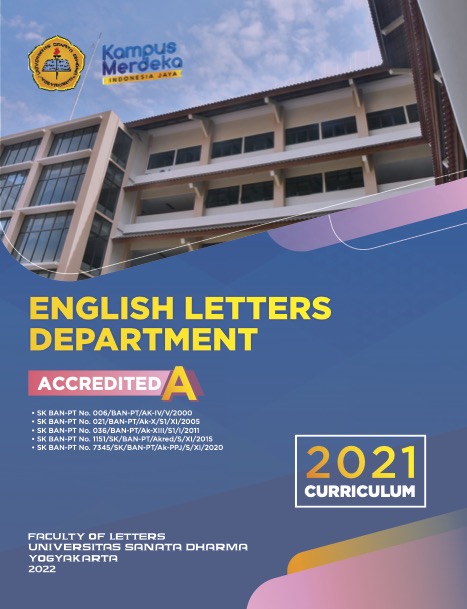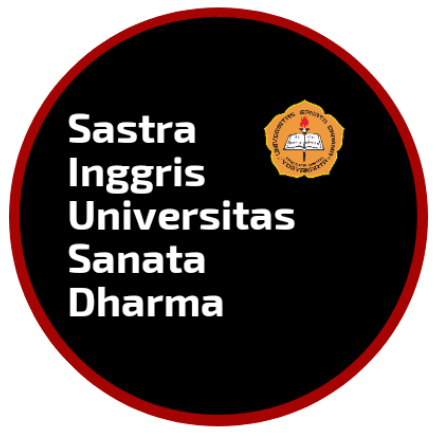Academics
Curriculum Overview
For the English Letters Department, Universitas Sanata Dharma, regular review and revitalization of its curriculum is inevitable and is the only way to catch up with the global development. The 2021 Curriculum is a response to the changes and development of society, especially in the following contexts:
- The fast-developing internet in the 21-century which easily connects all parts of the globe;
- The new characteristics of society as the result of the development of information technology: volatile, uncertain, complex, and ambiguous (VUCA), which changes almost all aspects of life;
- The worldwide COVID-19 pandemic that made society apply the "new normality" in almost all kinds of interactions, including the student-teacher interaction in education.
- The 2019-2029 Universal Apostolic Preferences of the Society of Jesus that give directions as well as the soul to Universitas Sanata Dharma as a Jesuit University.
The preferences are:
- Showing the way to God through the Spiritual Exercises and their practice of discernment
- Walking with the poor, the outcasts of the world, and those whose dignity has been violated in the mission of reconciliation and justice
- Walking together with young people to build a hope-filled future d. Working together to care for the earth, our common home
Since its establishment, the English Letters Department of Universitas Sanata Dharma has reviewed and developed its curriculum five (5) times:
- 1993 Curriculum (adopting the curriculum of the English Letters Department of Universitas Gadjah Mada, the supervisory university for Universitas Sanata Dharma);
- 2000 Curriculum (adding work-oriented courses to prepare the graduates for better and broader employment);
- 2010 Curriculum (adding courses expected to be the plus points and the distinguishing quality for the graduates);
- 2016 Curriculum (adjusting the curriculum to the OBE (Outcome-Based Education) and the Indonesian National Qualification Framework (KKNI,Kerangka Kualifikasi Nasional Indonesia);
- 2021 Curriculum (reorienting and readjusting the graduate profile, learning outcomes, and courses due to the digital era, and at the same time implementing the Indonesian government's program of MBKM (Merdeka Belajar – Kampus Merdeka).
- Evaluating the previous curriculum (Curriculum 2016); 2. Conducting surveys among the students;
- Conducting tracer studies for the alumni;
- Conducting surveys for graduates' employers;
- Conducting workshops on OBE and MBKM Curricula;
- Benchmarking with other English Letters Departments which are members of ESAI (English Studies Association in Indonesia).
- Curriculum 2016 has accommodated the needs of stakeholders, but it needs to reshape and adjust its graduate profile and learning outcomes to cope with the development of graduate employment;
- Professions currently occupied by the graduates of the English Letters Department are English instructors/teachers/lecturers; officers/staff of human resource, marketing, finance, and administration departments; public relations officers/staff; officers/staff in the hospitality and tourism agencies; editors, journalists, writers; translators/interpreters; secretaries; banking officers/staff; and entrepreneurs;
- The most appropriate and applicable fields of knowledge to graduates' professions are (English) language, communication, translation, literature, journalism, culture, teaching, and research.;
- The most relevant competencies (soft skills) to graduates' profession are those of critical thinking, independent work, problem-solving, responsibility, teamwork, creativity, compassion, reflective evaluation, and leadership;
- Specific skills most beneficial for graduates in their employment are English language, translation, public relations, creative writing, scientific writing, and teaching.
The Ignatian Pedagogy paradigm encourages personal education (cura personalis). It applies a continuous learning cycle. It invites educators to know the background of their students and how this background affects their learning. This paradigm reminds educators to build reflective practice so that students make meaning from their learning, take action based on what they have learned, and evaluate their actions.
Download the full document:

back
Download the full document:

